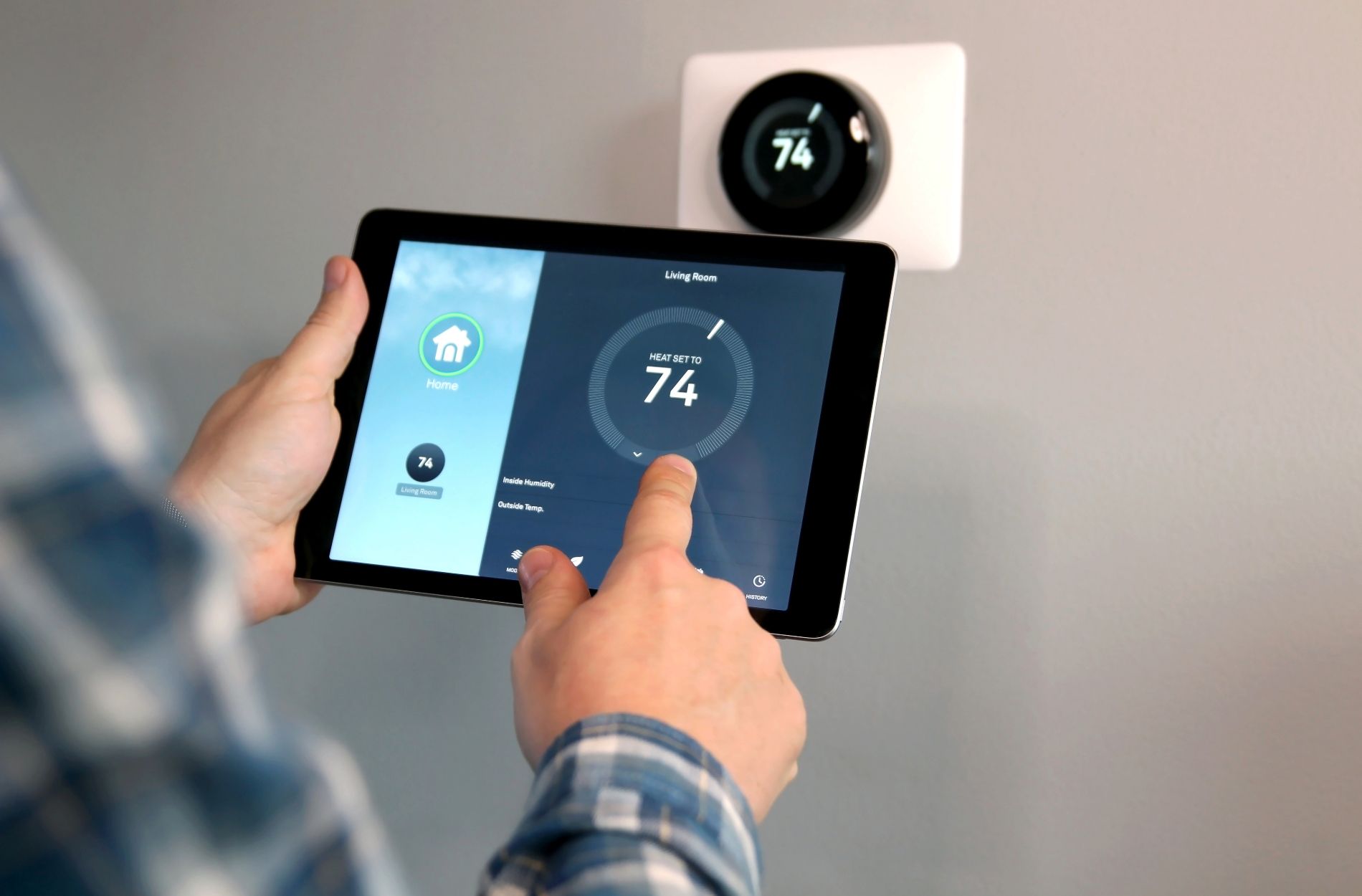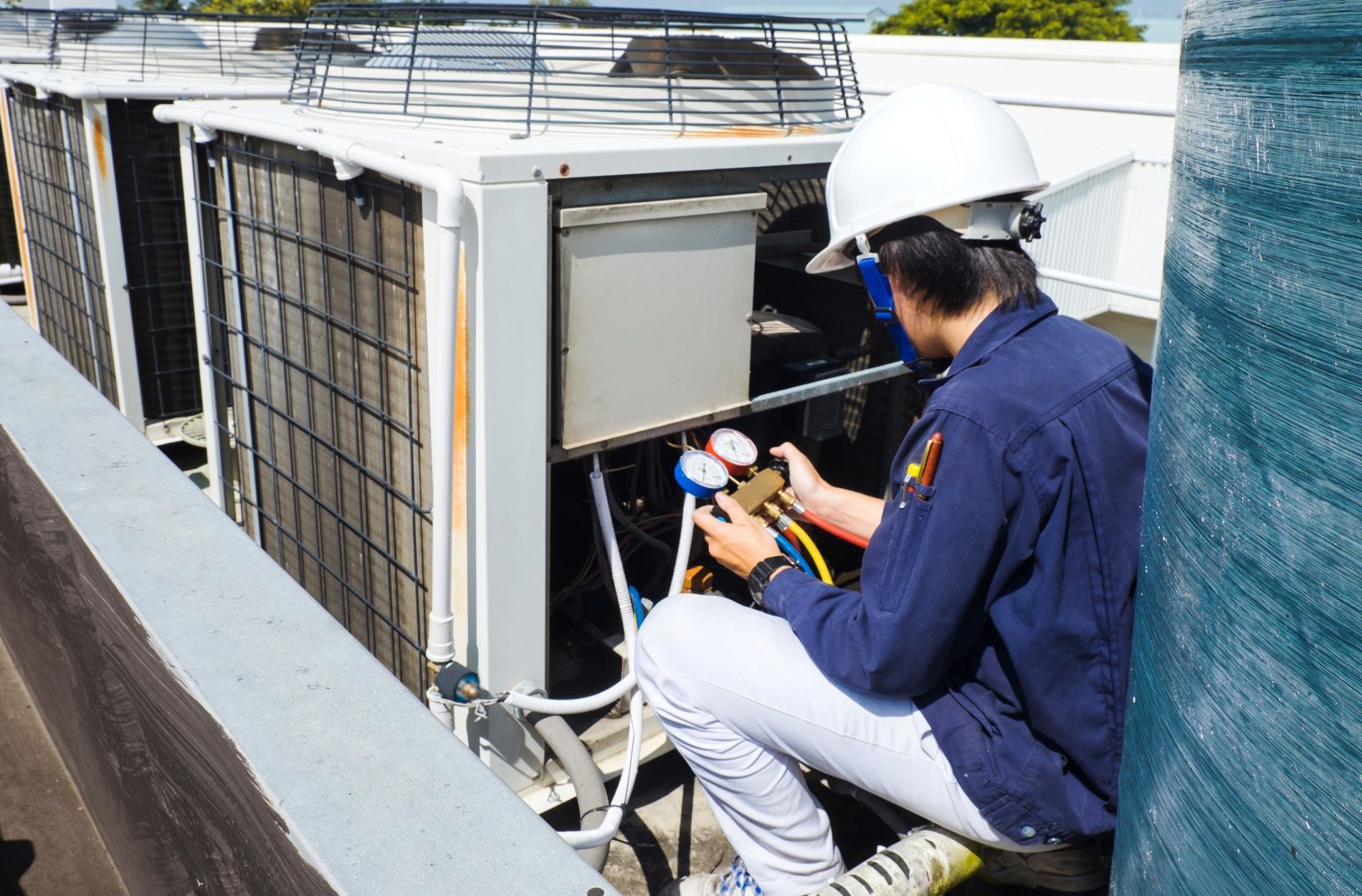Enhancing Your Home's Indoor Air Quality: Tips and HVAC Solutions for a Healthier Environment
Indoor air quality is crucial in maintaining a healthy and comfortable home environment. Poor air quality can lead to a multitude of health issues, such as allergy symptoms, respiratory problems, and an overall decline in well-being. As experts in providing high-quality HVAC services to our community, Anytime Heating & Air understands the importance of ensuring clean, fresh air in your home, and we're committed to helping you optimize your indoor air quality through various HVAC solutions and practical tips.
Our experienced technicians specialize in assessing indoor air quality and recommending appropriate measures to improve and maintain a healthy living environment. From installing air filtration systems to offering guidance on practical habits, we're dedicated to delivering effective solutions tailored to your specific needs and concerns.
In this blog post, we will explore the factors that can impact your home's indoor air quality, discuss practical tips for improving and maintaining a healthy living environment, and showcase some of the professional HVAC services we offer to support your efforts in enhancing indoor air quality. We strive to ensure your home remains a safe and comfortable sanctuary for you and your family.
Factors Impacting Indoor Air Quality
Several factors can contribute to poor indoor air quality in your home. Understanding these factors can guide you in taking appropriate steps to improve your living environment. Some common factors that can impact air quality include:
1. Pollen, Dust, and Allergens: These airborne particles can enter your home through open windows and doors or be tracked in by shoes and clothing, potentially triggering allergy symptoms and respiratory issues.
2. Pet Dander: If you have pets, their dander can contribute to indoor air pollution and exacerbate allergy symptoms for some individuals.
3. Tobacco Smoke: If someone in your household smokes indoors, tobacco smoke can significantly compromise indoor air quality and pose serious health risks.
4. Volatile Organic Compounds (VOCs): Common in many household products, including cleaners, paints, and fabric softeners, VOCs can be released into the air and contribute to poor indoor air quality.
Practical Tips for Improving Indoor Air Quality
You can effectively improve your indoor air quality by implementing some practical habits and changes to your home. Some useful tips to consider include:
1. Keep Your Home Clean: Regularly vacuuming, dusting, and wiping down surfaces can help reduce dust accumulation, pet dander, and other allergens.
2. Change HVAC Filters: Regularly replacing your HVAC system's filters can significantly improve air quality by preventing dust and allergens from circulating throughout your home.
3. Introduce Indoor Plants: Some houseplants, such as spider plants and peace lilies, can help filter and purify the air, removing toxins and improving overall air quality.
4. Use Natural Cleaning Products: Opt for cleaning supplies free of harsh chemicals and VOCs, reducing the risk of indoor air pollution.
5. Maintain Proper Ventilation: Ensure your home is well-ventilated by opening windows when weather permits and using exhaust fans in bathrooms and kitchens to remove excess moisture and indoor air pollutants.
Professional HVAC Solutions for Enhanced Air Quality
In addition to adopting practical habits, several HVAC solutions are available to address specific indoor air quality concerns. As experts in the field, we offer a range of services designed to promote a healthier living environment, including:
1. Air Filtration Systems: Installing air filtration systems can help remove allergens, dust, and pollutants from the air, improving overall air quality and reducing allergy symptoms. Our experienced technicians can assess your specific needs and recommend the most suitable air filtration system for your home.
2. Humidity Control Solutions: Maintaining your home's humidity levels is vital for a comfortable and healthy living environment. We provide humidity control solutions such as whole-house humidifiers and dehumidifiers to help you achieve the optimal balance for your home.
3. UV Light Purifiers: Ultraviolet (UV) light purifiers target and neutralize bacteria, viruses, and mold spores in the air, contributing to a healthier living environment. Our technicians can guide you through the options and install a UV light purifier integrated with your HVAC system for maximum effectiveness.
4. Regular HVAC Maintenance: Regular HVAC system maintenance is essential in maintaining optimal indoor air quality. Our team can inspect, clean, and adjust your system, ensuring it operates efficiently and effectively filters pollutants from your home's air supply.
Benefits of Optimized Indoor Air Quality
Investing time and effort into improving your home's indoor air quality can have several benefits that enhance your overall quality of life. Some key advantages include:
1. Healthier Living Environment: Eliminating pollutants and allergens from your home's air supply can significantly reduce allergy symptoms, respiratory issues, and other health problems related to poor air quality.
2. Enhanced Comfort: A well-maintained HVAC system with effective air filtration and humidity control solutions can provide a more comfortable and enjoyable living environment for you and your family.
3. Increased Energy Efficiency: By keeping your HVAC system clean and well-maintained, you'll ensure its optimal performance, thus reducing energy consumption and lowering your utility bills.
A Healthier Home Through Improved Indoor Air Quality
Achieving and maintaining good indoor air quality is essential for your family's comfort and well-being. Taking proactive steps, such as implementing practical habits and investing in professional HVAC solutions, can significantly improve your home's air quality and your overall quality of life.
If you're looking to improve your home's indoor air quality with professional support and HVAC solutions, contact Anytime Heating & Air today. Our knowledgeable team of technicians is ready to assess your specific needs and provide tailored services to promote a healthier living environment.


